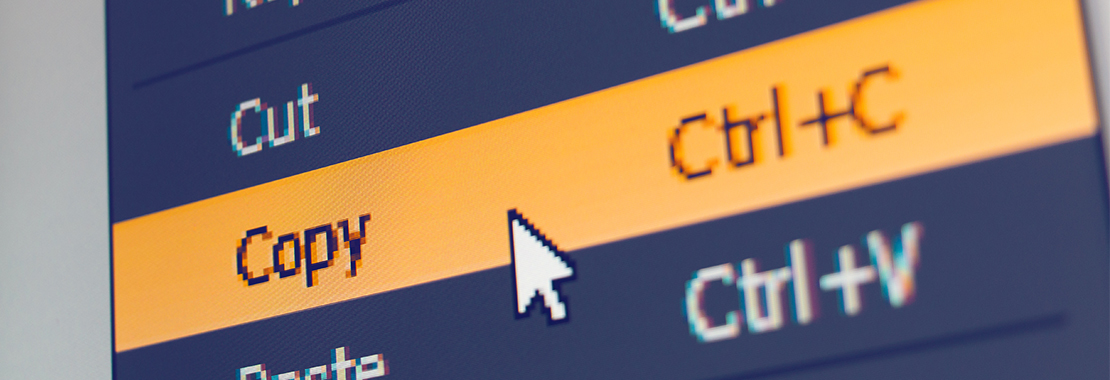Audrey Wick is an English professor and Cengage Faculty Partner
Writing matters. Throughout a student’s higher education career, written work will be assigned in a variety of disciplines. This may take the form of personal essays, research assignments, free response exam questions, media projects, and more. Assignments such as these help students on their journey toward success, which is a responsibility shared by instructors as well as students.
Why Writing Assignments Are Important
Instructors know this: writing assignments test students’ understanding of course material with higher-order thinking, which helps assess whether students have truly understood course material.
Writing assignments also come with challenges for instructors, namely in the amount of time it takes for instructors to review and respond to each submission. There are ways to manage essay grading—such as digital dropbox organization or using a rubric—though instructors must still devote time to each submission and provide feedback. Instructors must also be vigilant against acts of academic dishonesty, in regards to written work.
Trends of Cheating in Writing Assignments
In 2020, ICAI researchers conducted a survey with 840 college students. They found 23% overall partnered with another student when the instructor asked for individual work, while 13.8% paraphrased or copied work without citing the source.
Attempts at circumventing original work are ever-evolving. Here are several trends that have emerged in higher education classrooms.
Collusion
Collusion is the unauthorized collaboration with another person in preparing written work for fulfillment of course requirements. It may include:
- Co-writing a paper that should be written independently
- Partnering with a peer to each complete a different assignment in a course
- Contract cheating (i.e., hiring another person to write a paper)
It is important for instructors to define appropriate and inappropriate forms of help that students may use, especially in their respective disciplines. To address collusion if it does occur, instructors can:
- Rely on strong, clear syllabus policies and/or institutional policies against academic dishonesty
- Apply originality check software, especially to check for duplicate submissions of work
- Utilize electronic dropboxes to ensure a digital record of the offense is created
Text spinning
Text spinning is the digital manipulation of written work to create a recycled version of it. Using free online tools, students attempt to reword already-existing content into something “new” that they hope will be accepted by the instructor as their original work.
Even when originality checkers fail to detect the spun content, there are certain hallmarks of text spinning that may emerge. Looking for these indicators is one way instructors can ensure their students are submitting original work.
File manipulation
File manipulation is a way to alter a digital file for the purposes of deception so unoriginal content cannot be traced. There are many tricks that can occur, but students sometimes get sloppy.
When they do, instructors can check for the following, which may indicate that a file has been inappropriately manipulated:
- Look for suspect file names (such as nonsensical titles or ones that don’t match the pattern of the student’s other submissions)
- Look at document properties (such as its date of creation, total editing time, version history, etc.)
- Look for odd typing conventions (such as font changes, arbitrary italicizing, or features that are inconsistent)
What Instructors Can Do
Instructors who suspect that a writing assignment may include a form of cheating should document it, address it, and always refer back to the course as well as institutional policies on next steps.
Being aware of student cheating trends—especially as they relate to writing assignments—can help instructors maintain academic integrity in their classrooms as well as throughout their larger institutions. This improves the learning opportunity for everyone.
Remember: writing matters!
Find out more about this new cheating trend in Audrey Wick’s Empowered Educator session recording.




